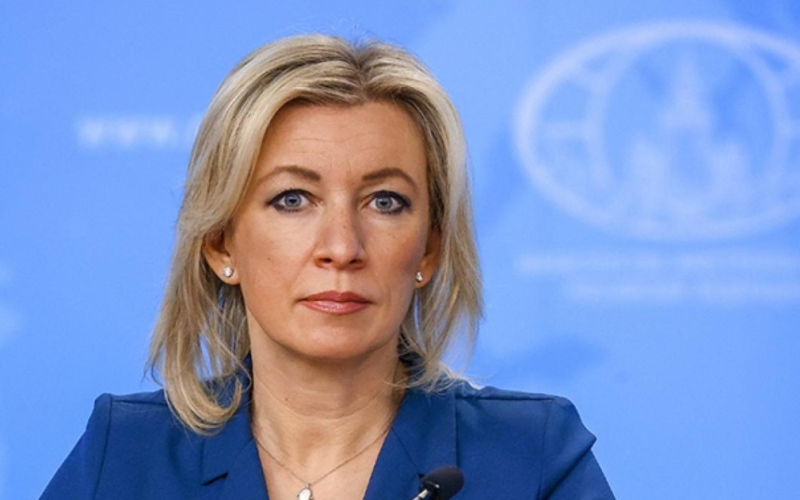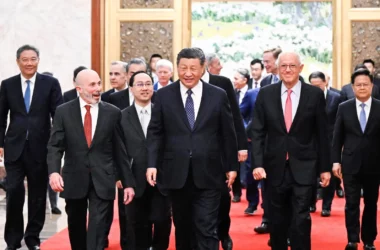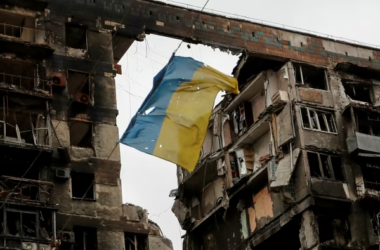In a latest development adding strain to diplomatic relations, Russia has openly accused Bulgaria of “malice and stupidity” over its decision to deny airspace access for Russian Foreign Minister Sergei Lavrov’s plane. The incident occurred as Lavrov was en route to attend a meeting of foreign ministers from the Organisation for Security and Cooperation in Europe (OSCE) in Skopje, North Macedonia. The refusal forced the aircraft to take a longer route over Greece to reach its destination.
Kremlin spokesman Dmitry Peskov did not mince words, describing Bulgaria’s stance as “absurd and stupid.” Russian Foreign Ministry spokeswoman Maria Zakharova, who is currently under European Union sanctions, revealed that the Bulgarian foreign ministry cited her presence on the plane as the reason for the denial of airspace access. As of now, there has been no official response from the Bulgarian ministry regarding the incident.
Expressing her sentiments on the matter via the Telegram messenger app, Zakharova criticized what she termed as the “malicious stupidity of the Russophobes,” highlighting that this marked the first instance where authorities denied access not to an airplane but to a person on board. Zakharova further hinted at potential retaliation, suggesting that Russia could reciprocate with overflight bans targeting “thousands of NATO functionaries.” She accused Bulgaria of setting a “dangerous precedent” with its decision.
The diplomatic rift has broader implications, as Ukraine, Estonia, Latvia, and Lithuania declared a boycott of the OSCE meeting in Skopje in protest against the presence of the Russian delegation. Tensions between Russia and several European nations have been palpable, with disputes over various geopolitical issues exacerbating diplomatic frictions.
As the incident unfolds, observers are closely monitoring how both Russia and Bulgaria will navigate this latest challenge in their diplomatic relations. The exchange of accusations and the denial of airspace access have heightened tensions, posing challenges for the already complex dynamics in the region. The development also raises questions about the potential impact on future diplomatic engagements and collaborative efforts within international organizations.








